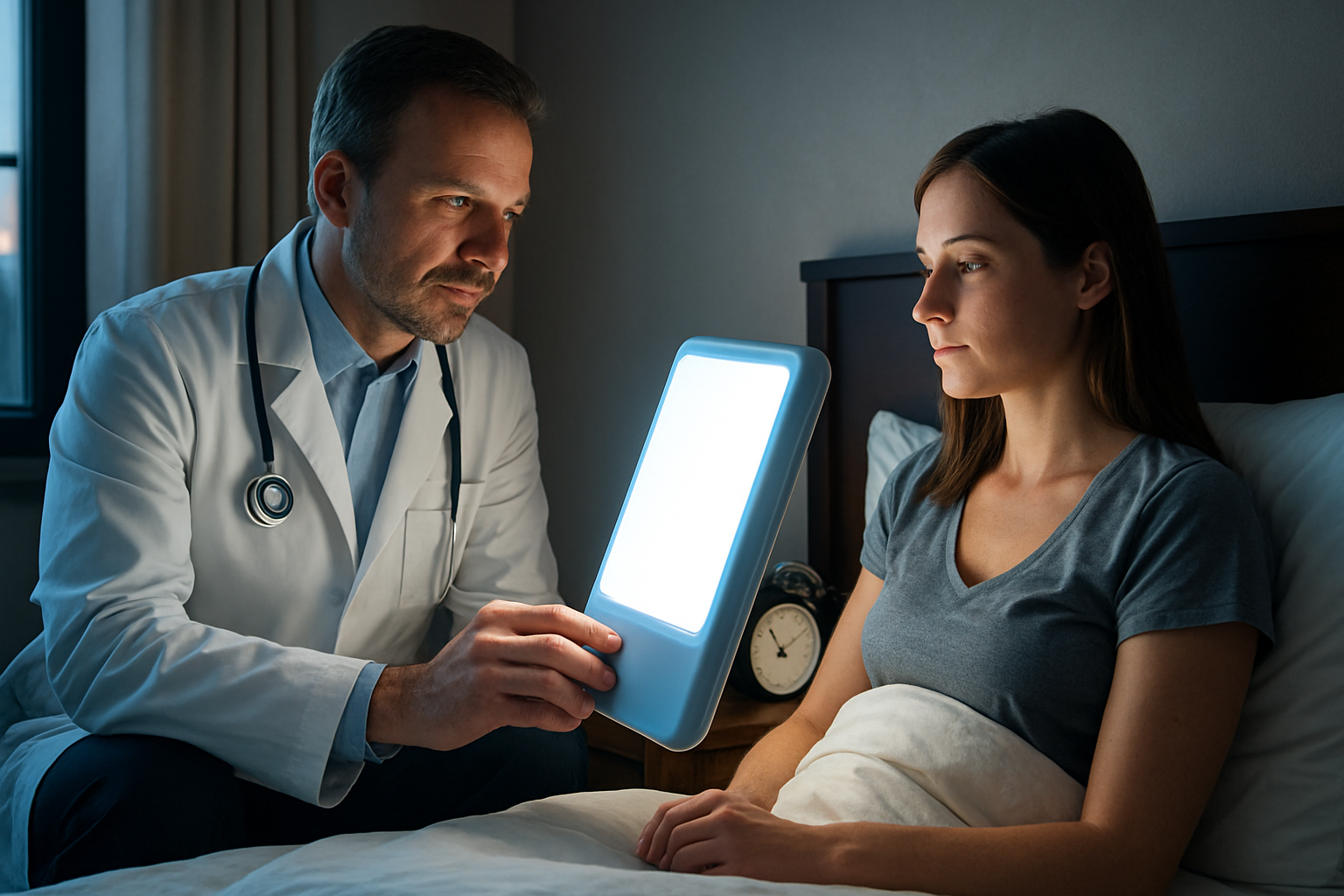Research Studies for Sleep Apnea in the US
Sleep apnea is a common but serious sleep disorder that affects millions of Americans. Characterized by interrupted breathing during sleep, it can lead to daytime fatigue, cardiovascular problems, and reduced quality of life. While continuous positive airway pressure (CPAP) therapy is a standard treatment, ongoing research continues to explore new and more effective interventions. In the United States, many clinical trials now offer individuals with sleep apnea an opportunity to participate in studies.

Understanding Clinical Research in Sleep Disorders
Clinical research in sleep apnea encompasses various study types, from observational studies that track patient outcomes to interventional trials testing new treatments. These studies typically examine factors like breathing patterns, brain activity, blood oxygen levels, and cardiovascular responses during sleep. Researchers also investigate innovative treatments beyond traditional CPAP therapy, including oral appliances, neurostimulation devices, and pharmaceutical interventions.
Who Can Participate and What to Expect
Most sleep apnea studies seek participants who:
-
Have a confirmed sleep apnea diagnosis
-
Meet specific age and health criteria
-
Are willing to follow study protocols
-
Can attend regular check-ups and monitoring sessions
During participation, you may undergo sleep studies, try new treatments, complete questionnaires, and attend follow-up appointments. Studies typically last from several months to a few years, depending on the research goals.
Benefits and Considerations for Research Participants
Participating in sleep apnea research offers several advantages:
-
Access to new treatments before public availability
-
Regular medical monitoring
-
Contributing to medical advancement
-
Possible compensation for time and travel
However, participants should consider potential risks, time commitments, and the possibility of being assigned to a control group. All studies require informed consent and undergo strict ethical review board approval.
Finding Research Studies in Your Area
Several resources help locate sleep apnea studies:
-
ClinicalTrials.gov database
-
Local sleep centers and universities
-
Major medical centers
-
Sleep medicine specialists
To find studies, search these resources using terms like “sleep apnea” and your location. Many facilities maintain waiting lists for upcoming trials.
The Role of Research in Advancing Treatment
Current sleep apnea research focuses on:
-
Artificial intelligence for diagnosis
-
Personalized treatment approaches
-
Alternative therapies to CPAP
-
Genetic factors
-
Impact on chronic diseases
Research participation costs typically covered include:
| Study Component | Typical Coverage | Patient Responsibility |
|---|---|---|
| Medical Screening | Fully Covered | None |
| Treatment/Device | Fully Covered | None |
| Follow-up Visits | Fully Covered | Transportation |
| Lab Tests | Fully Covered | None |
Prices, rates, or cost estimates mentioned in this article are based on the latest available information but may change over time. Independent research is advised before making financial decisions.
Sleep apnea research continues to evolve, offering hope for more effective and comfortable treatment options. Through clinical trials, researchers work to understand this condition better and develop innovative solutions that could benefit millions of Americans affected by sleep-disordered breathing.
This article is for informational purposes only and should not be considered medical advice. Please consult a qualified healthcare professional for personalized guidance and treatment.




